A struggling event is always stressful. It’s what keeps promoters, performers and venue managers up at night. After years of successfully marketing hundreds of shows, Bauer Entertainment Marketing has discovered the three most common reasons why an event fails to attract and convert more ticket buyers:
1. Price Sensitivity
Choosing the best ticket price can be one of the hardest decisions to make for an event producer. A price that’s too high can deter potential attendees, but a price too low may mean money left on the table. And don’t ignore the impact of hidden fees at checkout, which is the number one reason potential buyers abandon before completing their purchase. With this all in mind, ticket prices are frequently misaligned with the marketplace. Fortunately, there are ways to test if your pricing is a roadblock to sales conversions.
One method is to provide a limited-time or limited-quantity discount such as holiday deals, military discounts, and student discounts. Instead of testing pricing on your own website, we suggest leveraging third-party partners such as media outlets, the venue’s or performer’s email list (depending on which side you represent), and daily-deal sites like Groupon or Goldstar. That way, you can conduct tests without devaluing the perception of your ticket among visitors at the primary point of purchase.
Then, depending on the results of your pricing test with third-party partners, we suggest using conversion rate optimization software to run A/B tests on your own website. By serving site visitors variations of the same landing page you can see whether a higher or lower price results in more sales conversions. For one of BEM’s clients, our CRO testing determined that lowering their price from $249 to $199 ultimately led to 44% more purchases, driving higher total revenue, and more profit. Not bad, eh?!
2. Lack of Urgency or Scarcity
Why should your potential ticket buyers purchase today instead of waiting? This is a crucial question often overlooked by event producers. It's important to convey a sense of urgency and scarcity to convince potential attendees to spend money on your event before it’s “too late.” In other words, generate more ticket sales by ramping up FOMO!
Typically, featuring a countdown clock on your website is an ideal tactic for expressing urgency. However, this can have an adverse effect if there’s too much time remaining. For instance, a clock posted 100+ days before an event can actually discourage a purchase.
Another proven tactic to help combat consumer procrastination is “ticket tiering,” where prices increase periodically as the event date gets closer. We suggest raising ad spend and organic promotional activity in alignment with your ticket tiers to maximize awareness, urgency, and sales.
Next, loss aversion is a huge consideration for your marketing messaging. The pain of losing is psychologically twice as powerful as the pleasure of winning. Use scarcity language like “before it’s too late,” “one night only,” or “don’t miss out” to help a wavering attendee proceed with their purchase. And if there are certain ticket products that are selling well, motivate buyers by using “nearly sold out” or “low ticket alert” in conjunction with whatever ticket types aren’t doing as well.
Lastly, if your event is rapidly approaching, we suggest testing price sensitivity, urgency, and scarcity at the same time by implementing a “48-hour flash sale.” If you see a dramatic spike in sales, you can then extend the sale due to “popular demand.” Or if the flash sale doesn't create a sales influx, read on…
3. Not Enough Perceived Value
One of the most challenging roadblocks to ticket sales is perceived value. It’s difficult to identify and hard to solve. Afterall, sometimes an event may just not be sufficiently appealing to the target market. No amount of promotion can help sell tickets to an event people simply don’t want to attend. But before you accept that conclusion, you can test to see if fans believe there’s enough “bang for their buck.”
Start by asking yourself, “What are we offering people that is worth their time and money? What about our event is unique and unavailable anywhere else?” If you have difficulty answering these questions, then there simply may be insufficient value to convince prospects to buy tickets.
Many promoters with underperforming shows have found success by incorporating additional value with each ticket – such as merchandise, a supporting act, food & beverages, or access to future shows or experiences. For instance, the next 100 ticket buyers will be entered for a chance to win a soundcheck party before the show!
Below are additional examples of ways to enhance your value proposition and emphasize ALL the things that make your ticket worth the investment:
This will be the first time in X years the band has played this city
The act will be performing new material and/or beloved classics
This will be the largest/smallest audience on their tour
Experience X number of performers on multiple stages over several days
Enjoy X number of vendors, food trucks, artisans, interactive games, etc.
PRO TIP: Don’t be afraid to interview some recent ticket buyers. Ask them what convinced them to purchase their tickets now. Their answers may surprise you and help guide your value messaging and next steps.
Finally, we invite you to avoid low ticket sales by engaging BEM in advance of your onsale. We are a proven and effective resource for maximizing the probability of selling out! Reach us at bizdev@bauerem.com

